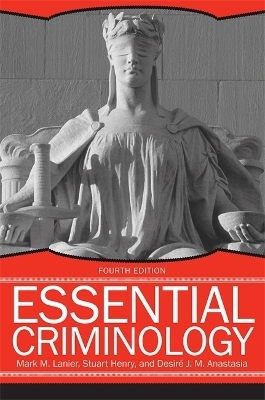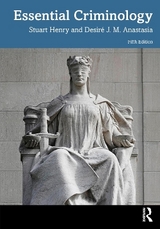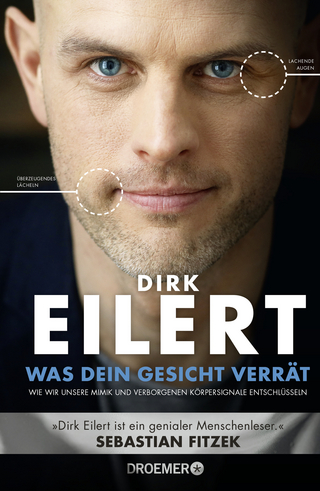
Essential Criminology, 4th Edition
Westview Press Inc (Verlag)
978-0-8133-4885-8 (ISBN)
In the fourth edition of Essential Criminology , authors Mark M. Lanier, Stuart Henry, and Desiré J.M. Anastasia build upon this best-selling critical review of criminology, which has become essential reading for students of criminology in the 21st century.Designed as an alternative to overly comprehensive, lengthy, and expensive introductory texts, Essential Criminology is, as its title implies, a concise overview of the field. The book guides students through the various definitions of crime and the different ways crime is measured. It then covers the major theories of crime, from individual-level, classical, and rational choice to biological, psychological, social learning, social control, and interactionist perspectives. In this latest edition, the authors explore the kind of criminology that is needed for the globally interdependent twenty-first century. With cutting-edge updates, illustrative real-world examples, and new study tools for students, this text is a necessity for both undergraduate and graduate courses in criminology.
Mark M. Lanier is professor and the Dean's Assistant in the College of Arts and Sciences at the University of Alabama. He is the author or editor of 12 books on crime and research methods, including Research Methods in Criminal Justice and Criminology: A Mixed Methods Approach (Oxford University).Stuart Henry is professor of Criminal Justice and Director of the School of Public Affairs at San Diego State University. He is the author of over twenty books including the classic work, The Hidden Economy. Desiré J. M. Anastasia is assistant professor of sociology at Metropolitan State University of Denver.
List of Tables and Figures Preface and Acknowledgments 1 What Is Criminology? The Study of Crime, Criminals, and Victims in a Global Context Globalization What is Criminology? What is Victimology? Summary and Conclusion Discussion Questions 2 What is Crime? Defining the Problem Legal Definition Consensus and Conflict Approaches Hagan's Pyramid of Crime Crime Prism Application of the Prism to the Problem of School Violence Crimes of the Powerless Crimes of the Powerful Summary and Conclusion Discussion Questions 3 Classical, Neoclassical, and Rational Choice Theories The Preclassical Era The Classical Reaction Neoclassical Revisions Criminal Justice Implications: The Move to Justice Theory Redefining Rational Choice: Situational Factors and Routine Activities Theory Conceptual and Empirical Limitations: What the Research Shows Summary and Conclusion Summary Chart: Classical, Rational Choice and Routine Activities Theories Discussion Questions 4 Born to Be Bad: Biological, Physiological and Biosocial Theories of Crime Biological and Positivistic Assumptions The Born Criminal Early U.S. Family-Type and Body-Type Theories Contemporary Biological Perspectives Biosocial Criminology: A Developmental Explanation of Crime Conceptual and Empirical Limitations Criminal Justice Policy Implications Summary and Conclusion Summary Chart: Biological Theory Discussion Questions 5 Criminal Minds: Psychiatric and Psychological Explanations for Crime From Sick Minds to Abnormal Behavior Shared Psychological Assumptions The Psychoanalytic Approach Trait-Based Personality Theories Behavioral, Situational, and Social Learning and Modeling Theories Cognitive Theories Ecological Psychology Evolutionary Psychology Summary and Conclusion Summary Chart: Psychological Theories of Crime Discussion Questions 6 Learning Criminal Behavior: Social Process Theories Common Themes and Different Assumptions Sutherland's Differential Association Theory Cognitive Social Learning Neutralization Theory:
| Sprache | englisch |
|---|---|
| Maße | 155 x 228 mm |
| Gewicht | 610 g |
| Themenwelt | Recht / Steuern ► Strafrecht ► Kriminologie |
| Sozialwissenschaften ► Soziologie | |
| ISBN-10 | 0-8133-4885-4 / 0813348854 |
| ISBN-13 | 978-0-8133-4885-8 / 9780813348858 |
| Zustand | Neuware |
| Haben Sie eine Frage zum Produkt? |
aus dem Bereich



